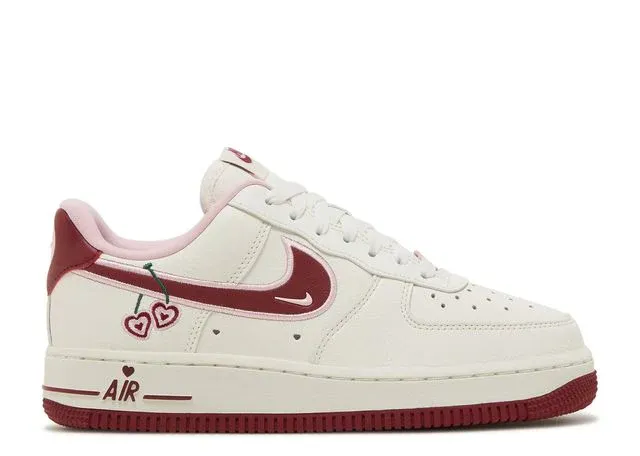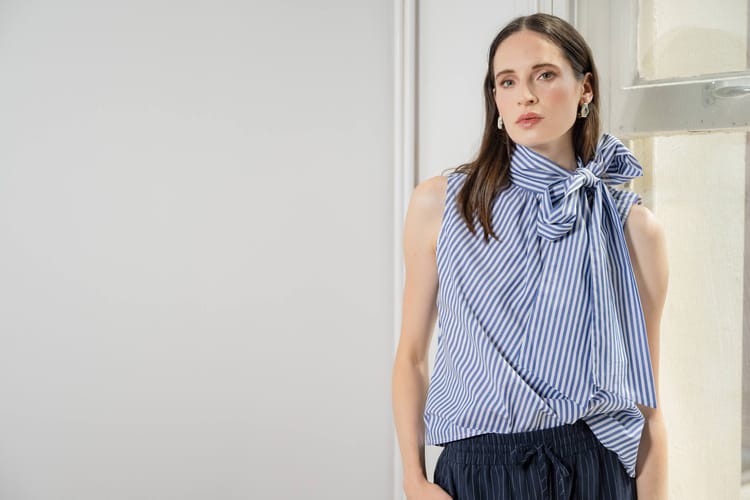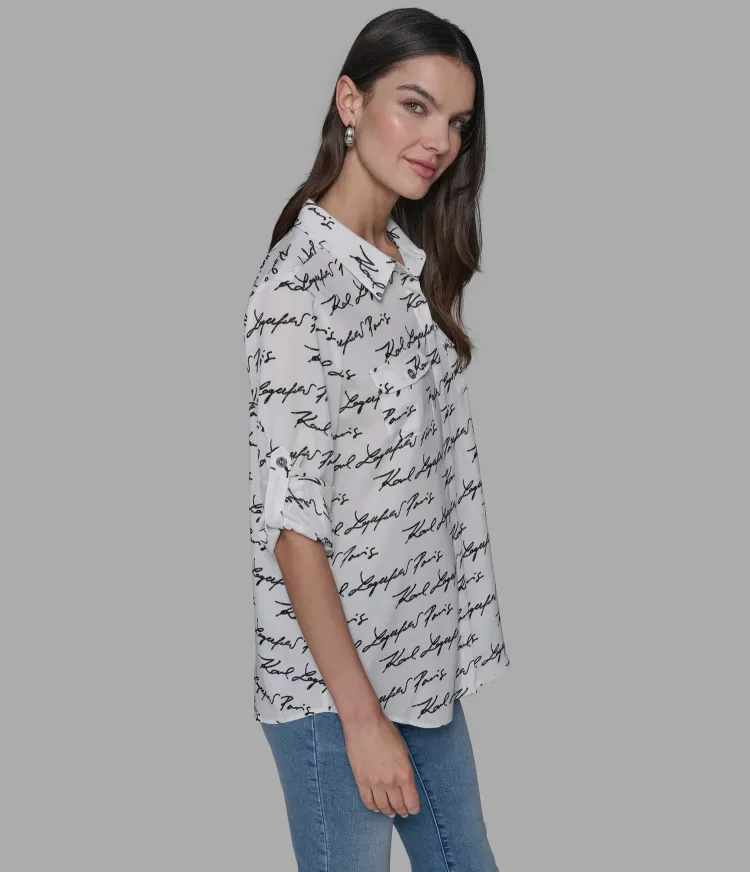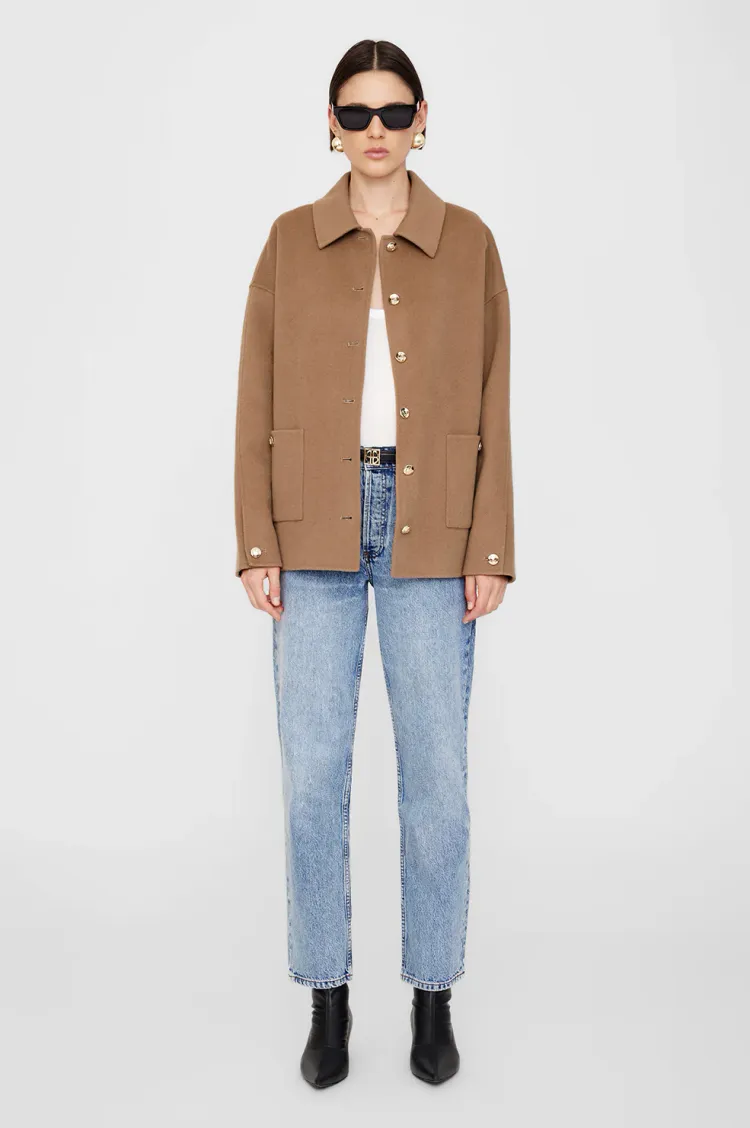How Couture Brands Are Innovating With Sustainability

The luxury fashion industry is undergoing a profound transformation. Traditionally associated with exclusivity, craftsmanship, and high environmental impact, couture is now embracing sustainability. High-net-worth individuals (HNWI) are increasingly conscious of how their purchases affect the world, prompting brands to innovate responsibly without compromising elegance or prestige.
Eco-Friendly Materials
Leading couture houses are experimenting with eco-friendly fabrics like organic silk, recycled wool, and bio-fabrics derived from mushrooms or lab-grown leather. Brands such as Stella McCartney and Gabriela Hearst are champions of sustainable textiles, demonstrating that luxury does not have to come at the planet’s expense. By investing in these materials, couture brands are creating pieces that are as ethical as they are exquisite.
Ethical Production Practices
Sustainability goes beyond materials. Ethical production ensures fair wages, safe working conditions, and minimal environmental impact. Couture brands are reducing water usage, embracing zero-waste techniques, and relying on artisanal methods that honor traditional craftsmanship while minimizing harm. Houses like Chanel and Dior have invested in green ateliers and local sourcing, blending heritage with modern responsibility.
Circular Fashion and Innovation
Circular fashion is another critical innovation. Couture brands are now offering resale platforms, repair services, and upcycling programs. Clients can return pieces for refurbishment or trade-ins, ensuring longevity and reducing waste. Moreover, digital fashion shows and virtual fitting technologies reduce carbon footprints while allowing a global audience to experience luxury sustainably.
HNWI Engagement
High-net-worth clients are actively seeking sustainable luxury. Owning couture that aligns with personal values has become a status symbol, combining exclusivity with environmental consciousness. Brands now curate limited-edition eco-collections, ensuring that luxury consumption is both responsible and aspirational.
Conclusion
Sustainability in couture is no longer a trend—it is a movement redefining luxury. From eco-friendly materials to ethical production and circular fashion, high-end brands are demonstrating that responsibility and elegance can coexist. HNWIs who invest in these innovations are not just acquiring exquisite fashion—they are supporting a future where luxury and sustainability go hand in hand.
From couture to castles, superyachts to rare timepieces—join our private list to receive curated insights from every corner of the luxury world.







Member discussion